Conference Call FY 2021, Fresenius
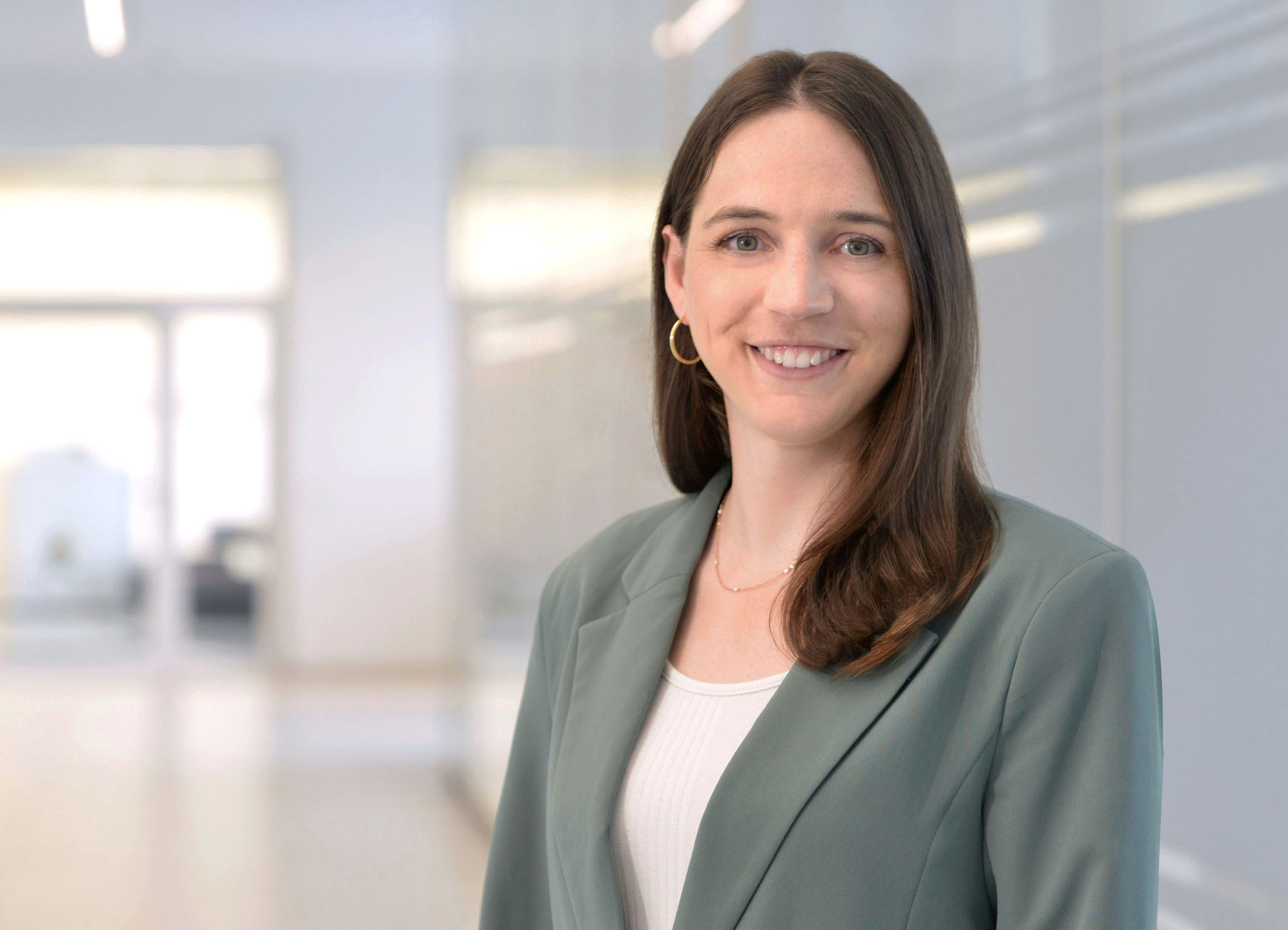
Sabine Polte (on parental leave)
T: +49 (0) 6172 608-2395
sabine.polte@fresenius.com
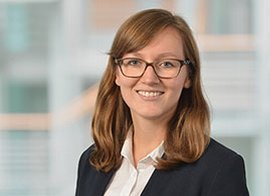
Sonja Sartor
Manager Internal Communications
T: +49 (0) 6172 608-2008
sonja.sartor@fresenius.com
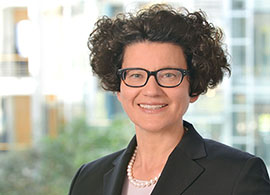
Brigitte Baas
Manager Internal Communications
T: +49 (0) 6172 608-2286
brigitte.baas@fresenius.com
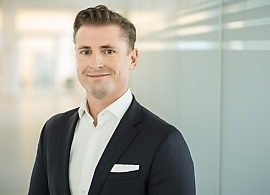
Steffen Rinas
T: +49 (0) 6172 608-6698
steffen.rinas@fresenius.com
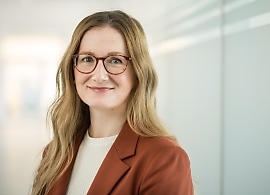
Vera Szmoniewski
T: +49 (0) 6172 608-2352
vera.szmoniewski@fresenius.com
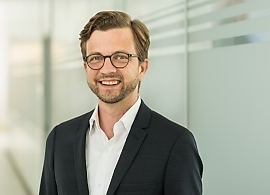
Leif Heussen
T: +49 (0) 6172 608-4030
leif.heussen@fresenius.com
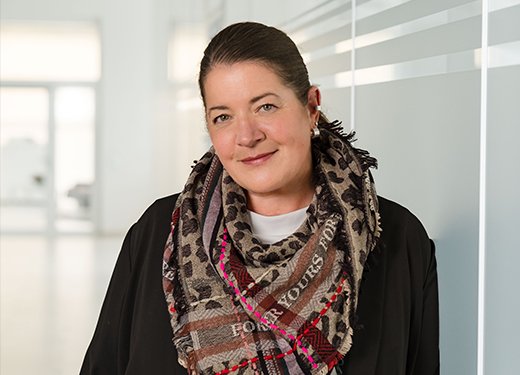
Alexandra Graulich
Secretary Group Communications
T: +49 (0) 6172 608-2501
alexandra.graulich@fresenius.com

